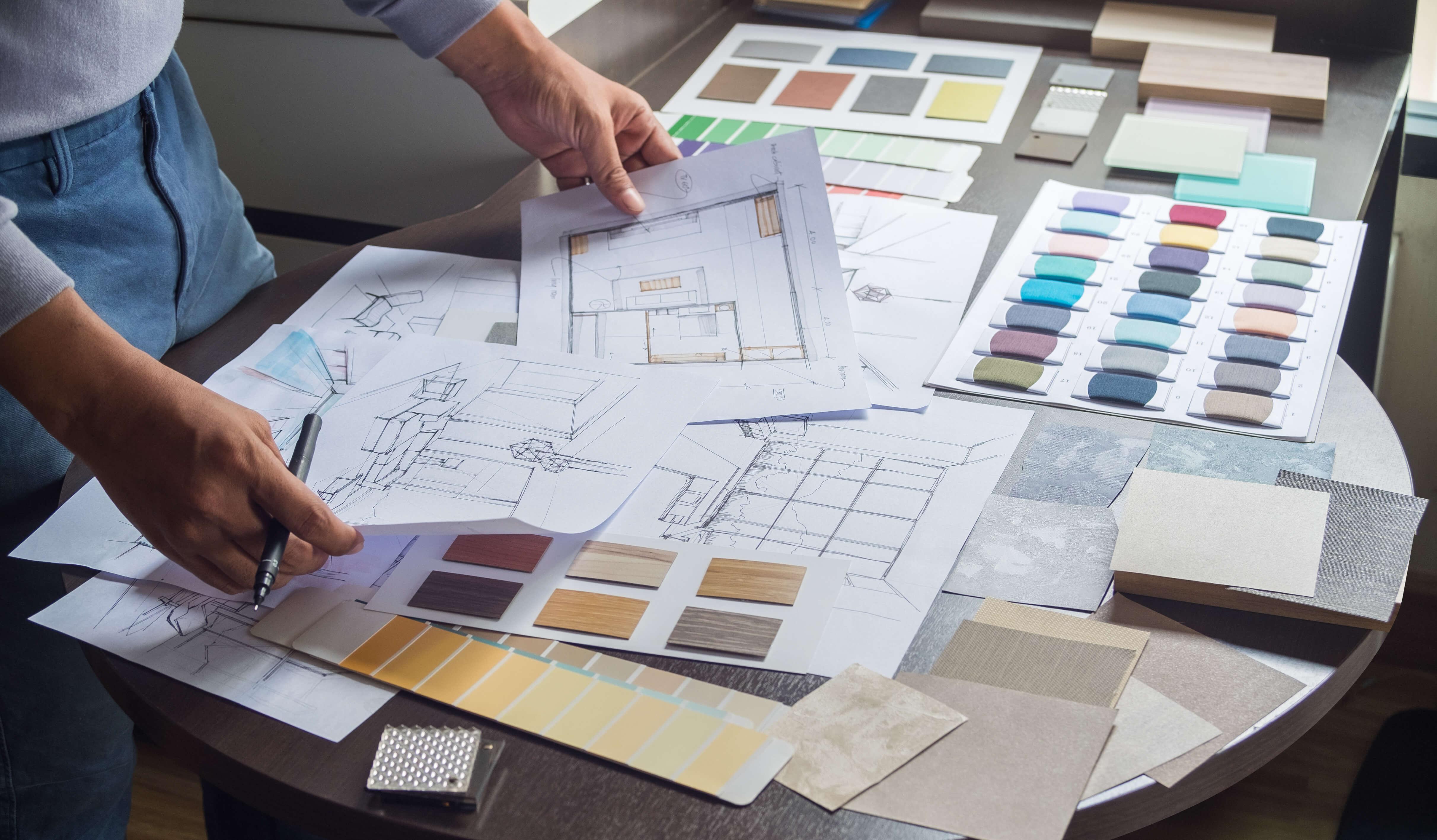
Transforming Your Office Space: How to Integrate Sustainability into Your Interior Design
by zhoosh_admin | January 22, 2023
Are you planning to redesign your office space this year? Design trends come and go, but one constant that adds value to any corporate or commercial space is sustainability. As environmental concerns have grown in prominence in recent years, many businesses are taking action by incorporating sustainability into their interior design. You can use plenty of creative solutions to minimise your office's carbon footprint.
In this blog, we'll be exploring ways you can make the most of your office redesign project with sustainable solutions so you can stay on trend while supporting a greener future for everyone. With careful thought and planning, you can create an aesthetically pleasing atmosphere that contributes to the planet's health.
Sustainable Materials
Incorporating sustainable materials such as bamboo, cork, and reclaimed wood into your office interior design is an important way to increase workplace sustainability. These materials are not only environmentally friendly, but they also add a natural, organic feel to the space. Using eco-friendly and local materials over imported ones can further help reduce your office space's carbon footprint. In addition, recycling paper and other office materials to reduce the office's environmental impact further.
Energy-Efficient Lighting
Creating a more sustainable work environment requires designing an energy-efficient office space. Installing energy-efficient lighting is one effective way to accomplish this. Replacing traditional incandescent bulbs with LED or CFL bulbs, which use less energy and last longer, is a good place to start. Motion-sensor lighting can also help to reduce energy consumption when rooms are not in use. Another option is to use task lighting instead of overhead fluorescent fixtures and to install dimmers to reduce the amount of power used in well-lit areas. Natural light sources near desks can also reduce the need for artificial lighting during the day. Using good quality insulation curtains or blinds, and covering flooring, can help reduce the energy required to maintain comfortable temperatures inside a building, thus reducing energy consumption and costs.
Finally, investing in automated systems that turn off lights in empty rooms or switch lights to lower wattage when they are not required for specific tasks can help save energy. These energy-saving lighting strategies can create a more sustainable and efficient office environment.
Biophilic Design
Natural elements in office interior design are an excellent way to bring the outdoors inside and create a more sustainable workspace. Plants, stones, and wood not only add visual interest to your office, but they also help to purify the air and reduce stress, resulting in healthier workplaces for workers, which can increase productivity. There are numerous ways to incorporate natural elements and materials into your office space, such as using living plants, preserved moss walls, reclaimed wood decor, and other recycled items. According to research, incorporating natural elements into office design can have a calming effect, resulting in better air quality, improved focus and creativity, lower stress levels, lower absenteeism, and increased productivity. Including natural elements in your office design is an excellent way to create a more sustainable and productive work environment.
Sustainable Furniture
Using sustainable office furniture is an excellent way to reduce environmental impact. It is critical to select materials that have been recycled, repurposed, or are made from certified, sustainably harvested wood. Look for furniture made of environmentally friendly materials such as reclaimed wood or recycled plastic. Consider using modular desks and chairs with adjustable heights to allow employees to customise their workspace environment for comfort and productivity.
You can also choose furniture that can be disassembled and recycled when it is no longer helpful. Still, it's important to note that high-quality furniture is especially important because of its longevity and durability, which can save money and resources in the long run. When selecting furniture fabrics, look for natural fibres or fabrics made from recycled materials. Finally, invest in ergonomic home office chairs to reduce stress on the body while working long hours at the desk. Overall, using sustainable furniture in the office is not only good for the environment but also for the comfort and productivity of employees.
Environmentally Friendly Paints & Finishes
Using low-VOC paint and finishes is one way to improve office sustainability. Low levels of volatile organic compounds (VOCs) in these paints and finishes can cause health problems and contribute to air pollution. Low-impact paints contain ingredients such as natural oils and biocides, are generally safe to use, and contain far fewer toxins than standard paints. This not only helps to reduce air pollution in the workplace, but it also limits workers' exposure to hazardous fumes or materials. The best part is that low-impact paints are available in various finishes, shades, and tints, allowing for more customizable looks that reflect your workplace's personality.
Natural Light
Incorporating natural light into the workplace is an excellent way to improve sustainability and the overall atmosphere. Installing large windows and skylights is one effective way to accomplish this. These additions allow sunlight to enter the office, reducing the need for electricity and maintaining a consistent temperature throughout the year. Using transparent glass windows and opening window blinds can also help to bring in more natural light. Overall, incorporating natural light into the office through these simple steps, such as choosing light paint colours and reflective surfaces, can significantly improve its sustainability, mood and energy efficiency. This can also help reduce the need for artificial lighting, which can save energy and lower costs.
Efficient Appliances
Energy-efficient appliances are a simple but effective way for businesses to reduce energy consumption and costs. Replacing old, inefficient appliances with newer, energy-efficient models can help reduce energy bills and promote workplace sustainability.
Additionally, businesses can reduce energy consumption by investing in new office equipment such as LED lighting, solar panels, and energy-efficient HVAC systems. Businesses can reduce electricity consumption by using Energy Star-certified products and installing dimmer switches, as well as by implementing smart office automation systems that can optimize lighting and temperature according to occupancy and daylight levels.
Why You Should Make Your Office More Sustainable
Sustainability in office interior design is an important factor to consider for our environment and future benefit. We can reduce the environmental impact of our office spaces while also creating healthier and more productive work environments by implementing eco-friendly materials, energy-efficient lighting, and smart building systems. Additionally, designing spaces with an efficient layout, timeless style, and maximizing the use of space, can reduce resource use and create a more sustainable environment. Businesses that invest in sustainable office interior design can help us and the planet toward a better future.
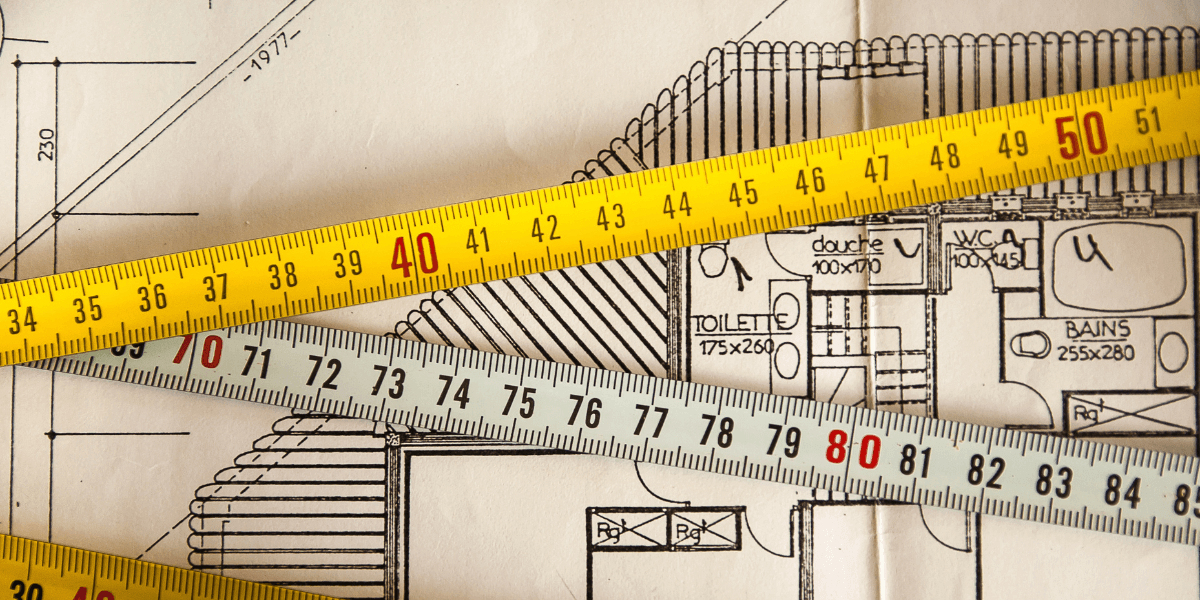
How Does the Design and Build Process Work?
by zhoosh_admin | May 31, 2023
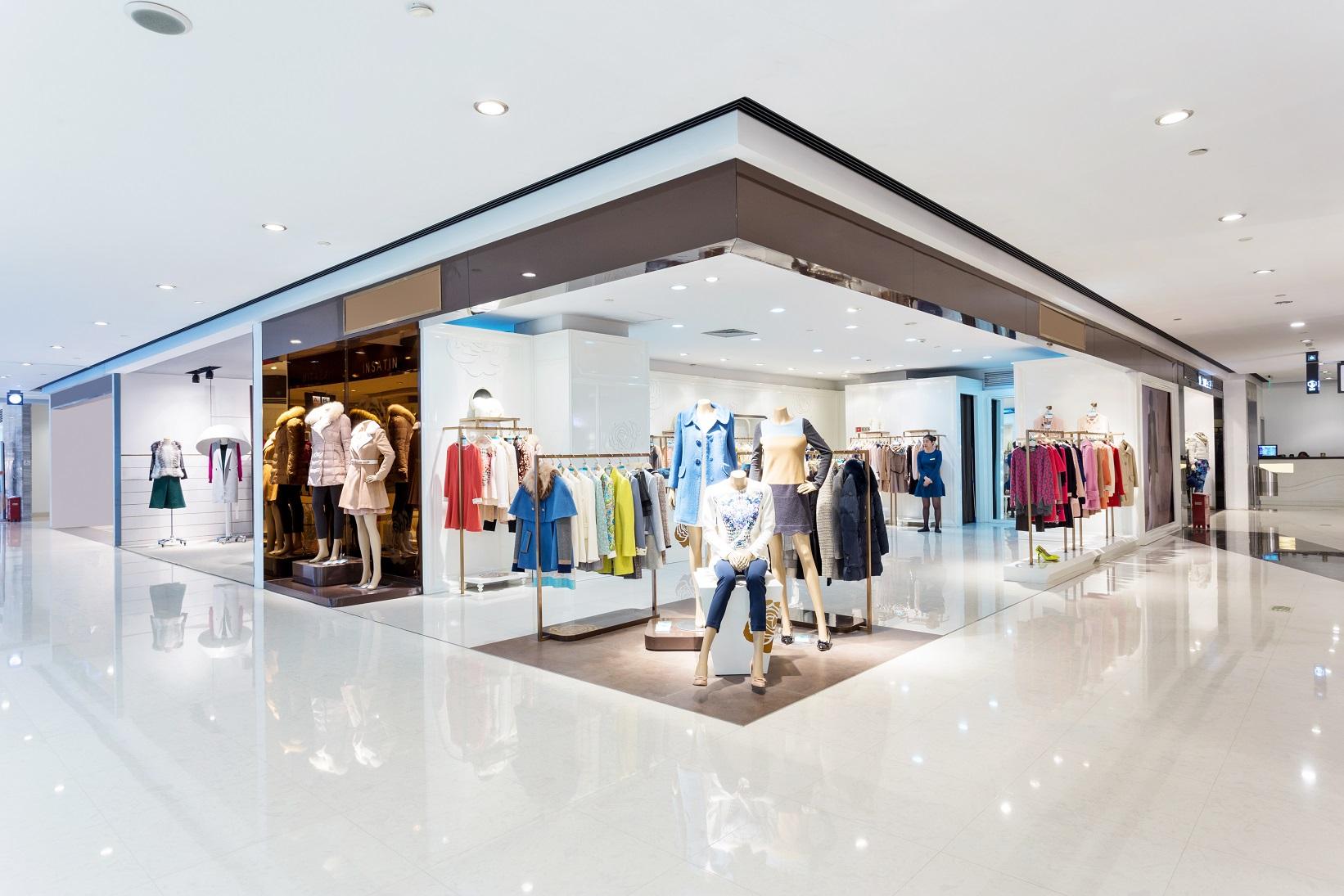
Your Guide to Commercial Interior Design in NZ
by zhoosh_admin | Jun 20, 2022
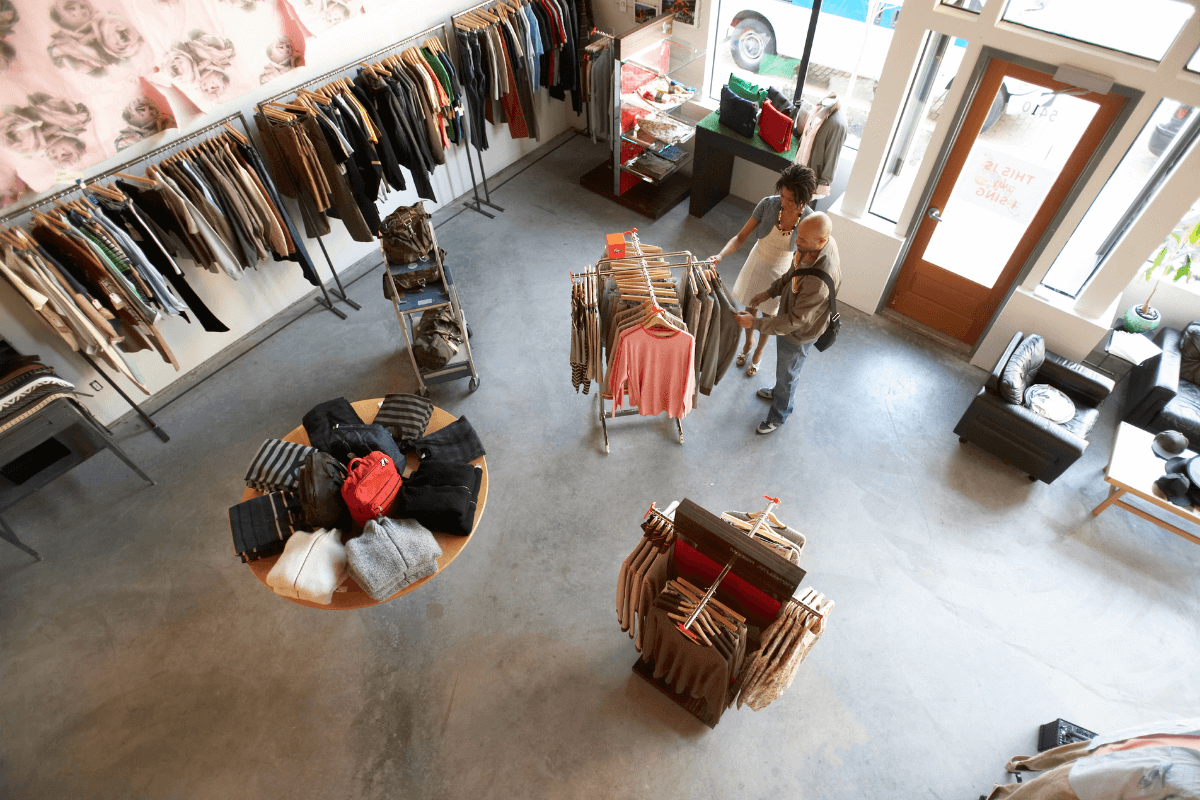
Maximising Space: Tips for Small Retail Store Layouts
by zhoosh_admin | March 24, 2023

Office Refurbishment & Fit-out Costs.
by zhoosh_admin | Nov 14, 2019
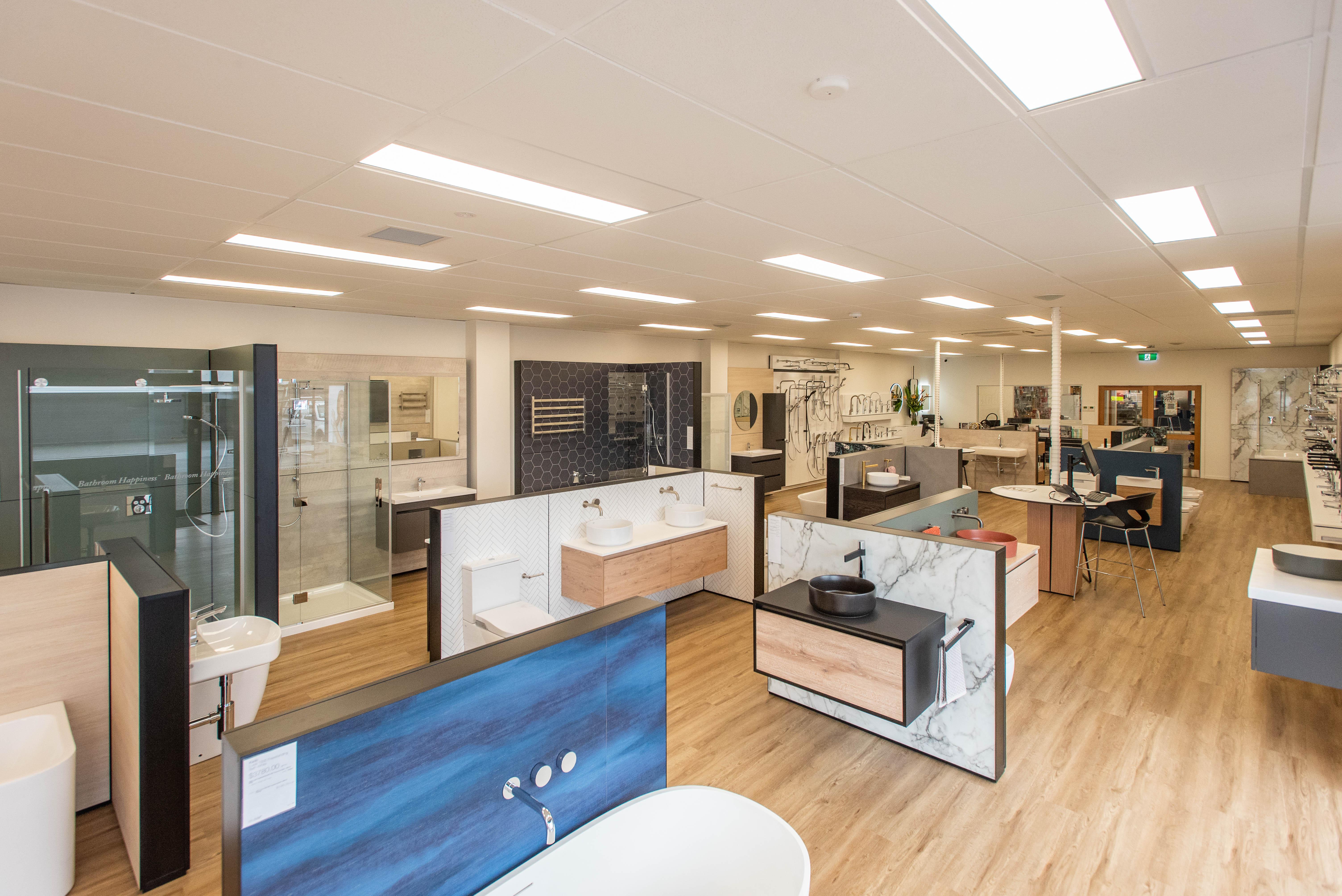
Cost-effective interior construction
by zhoosh_admin | Sep 21, 2020

What Do Customers Want In a Retail Store?
by zhoosh_admin | Jul 20, 2022
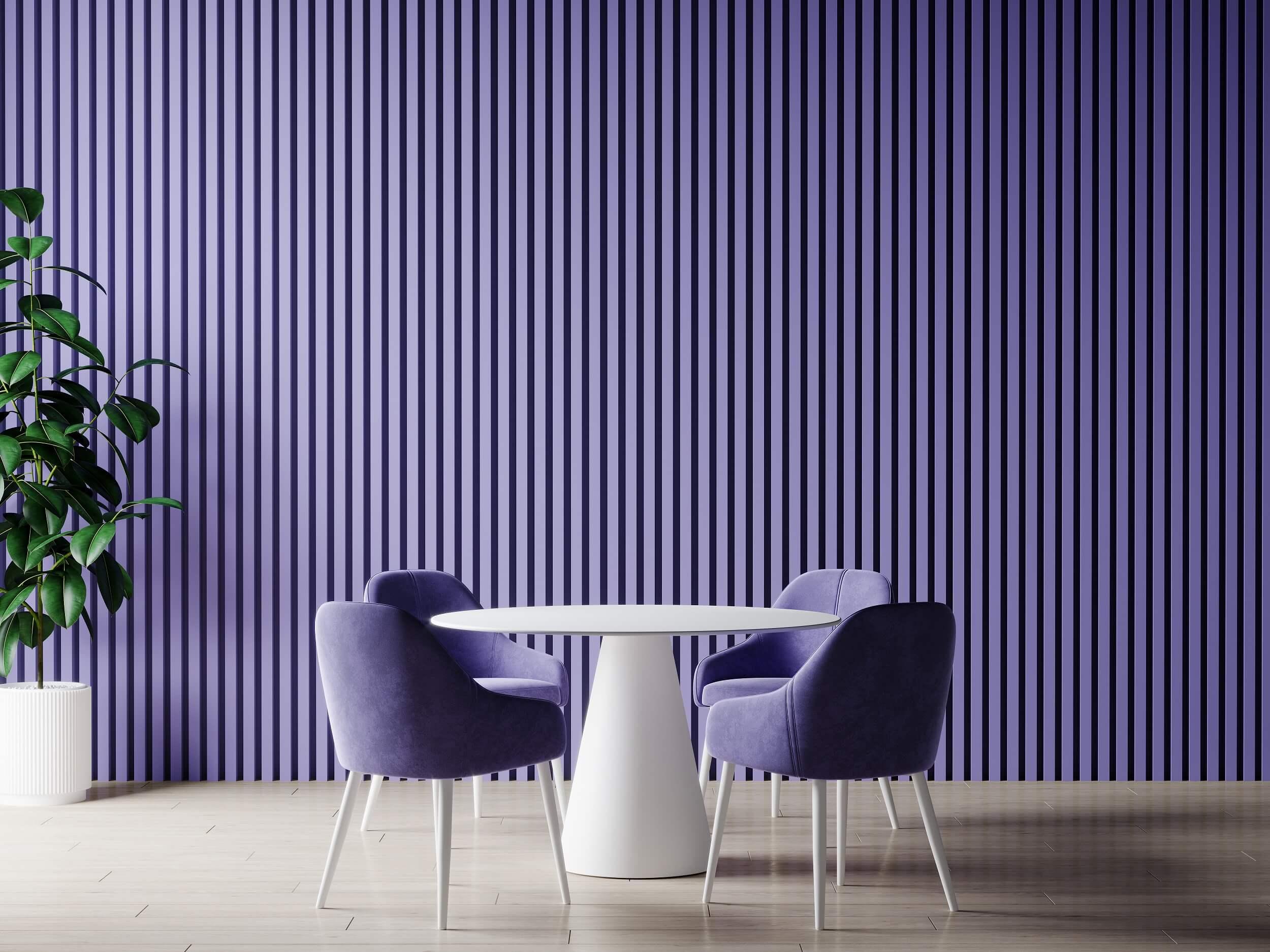
Corporate Interior Trends of 2022
by zhoosh_admin | Jan 31, 2022
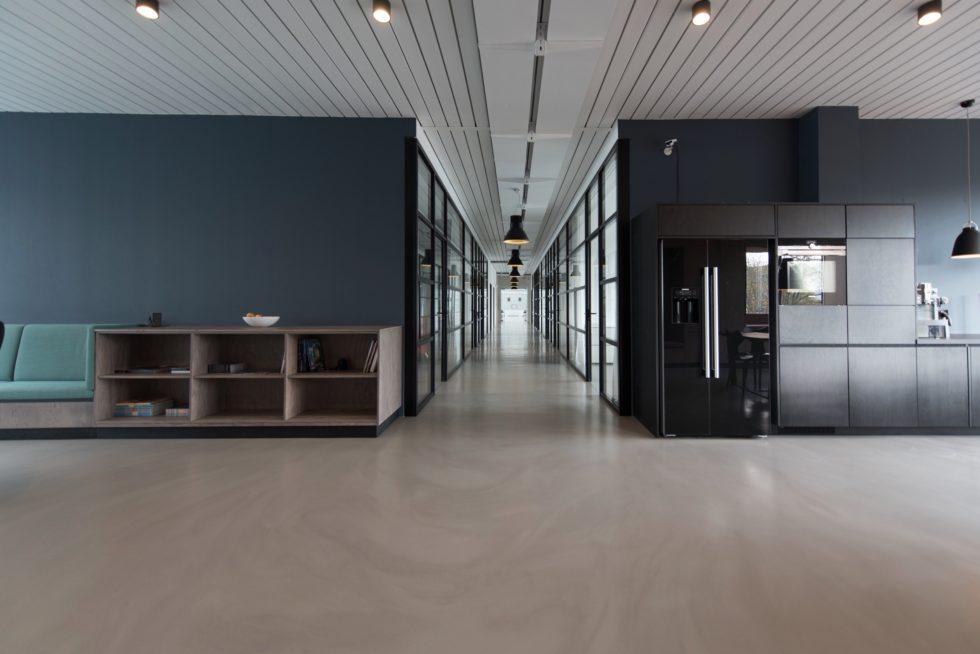
Is design – build office refurbishments a good idea?
by zhoosh_admin | Jul 3, 2020
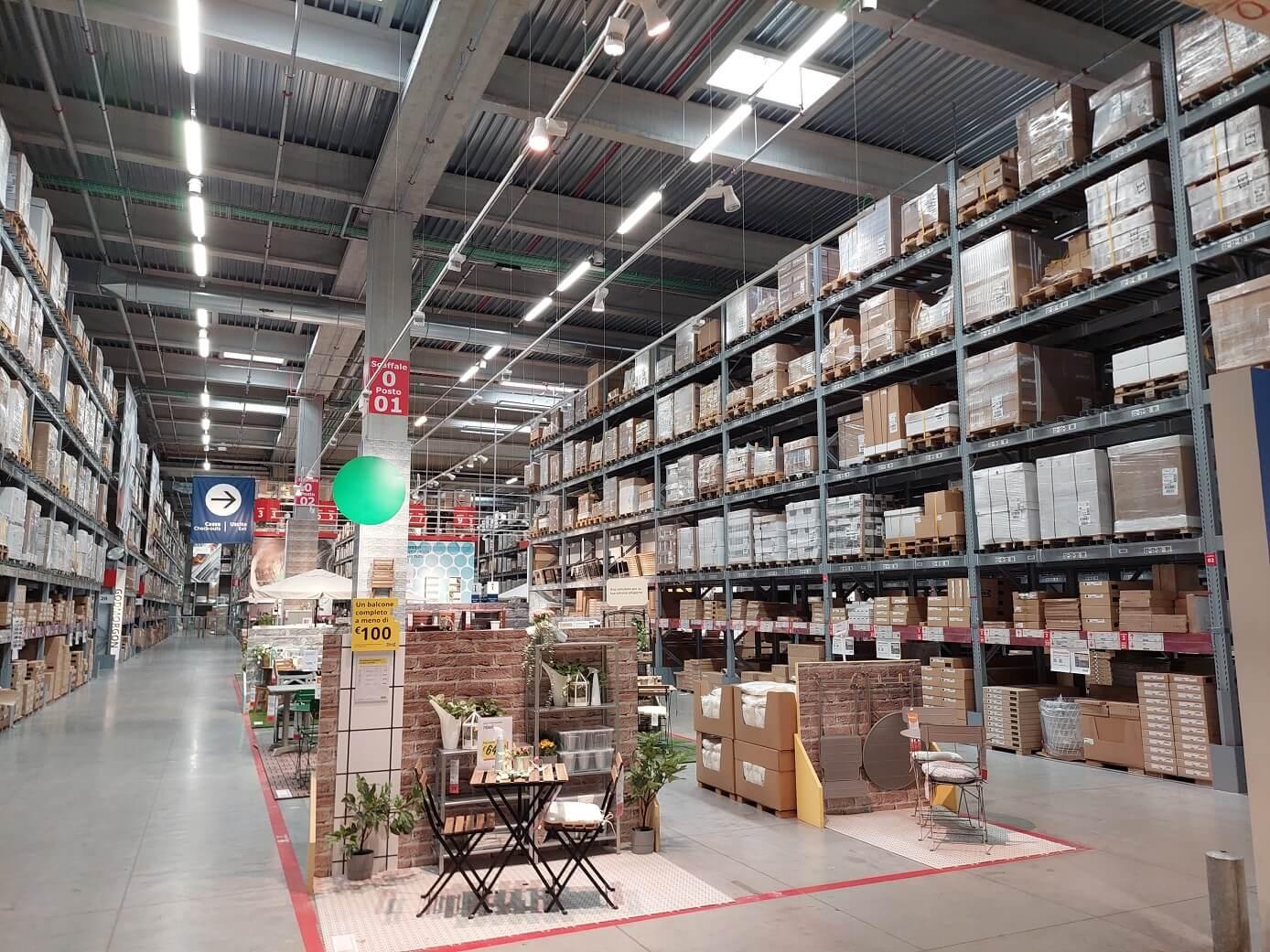
6 Important Elements in Retail Store Design
by zhoosh_admin | May 23, 2022

Safety and Comfort: Design Strategies for a Patient-Centered Healthcare Spaces
by Zoosh_admin | April 13, 2024
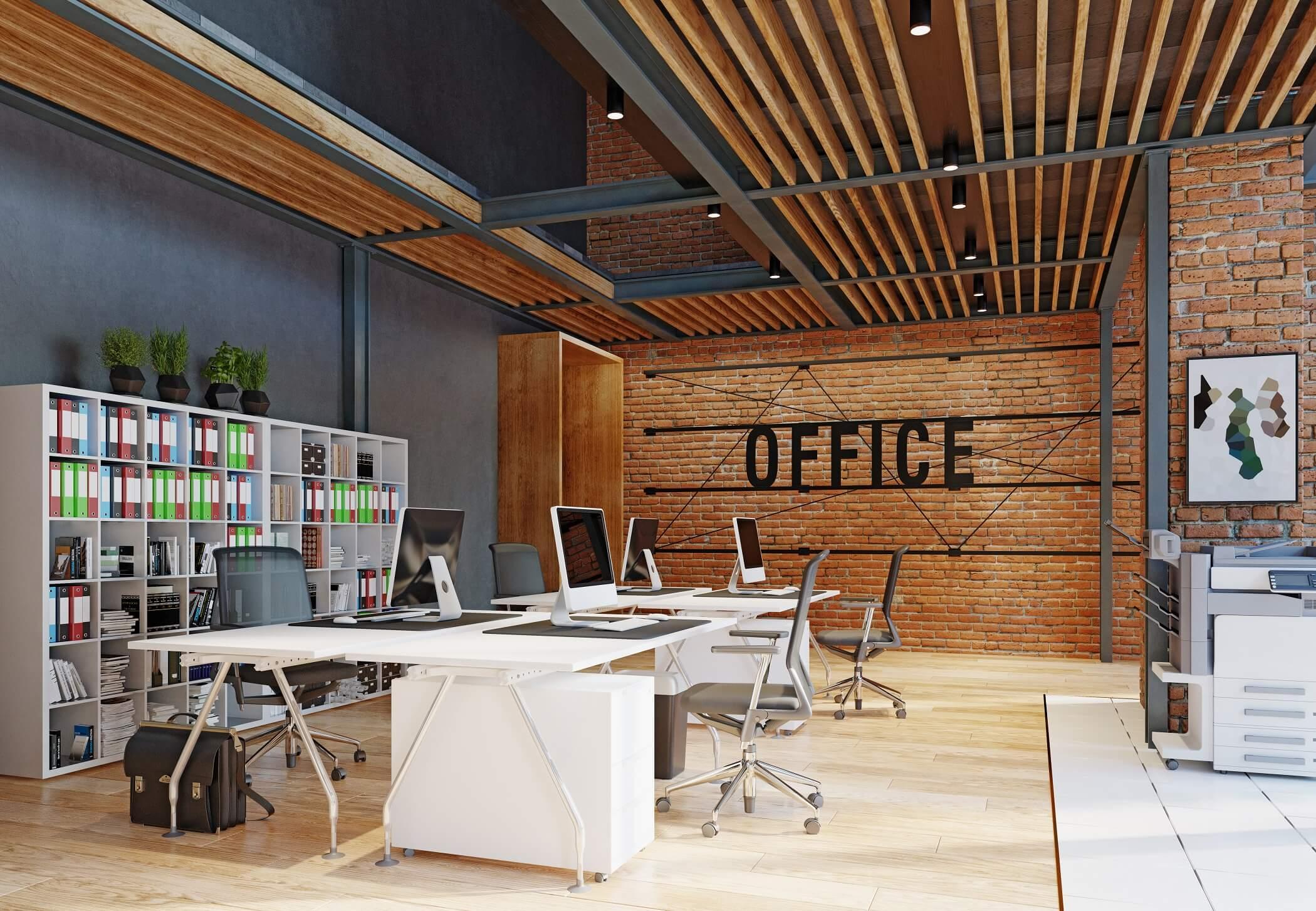
Innovative Office Design to Promote Productivity
by zhoosh_admin | Nov 22, 2021

6 Common Store Layout Mistakes Made by Retailers
by Zoosh Studio | December 22, 2022
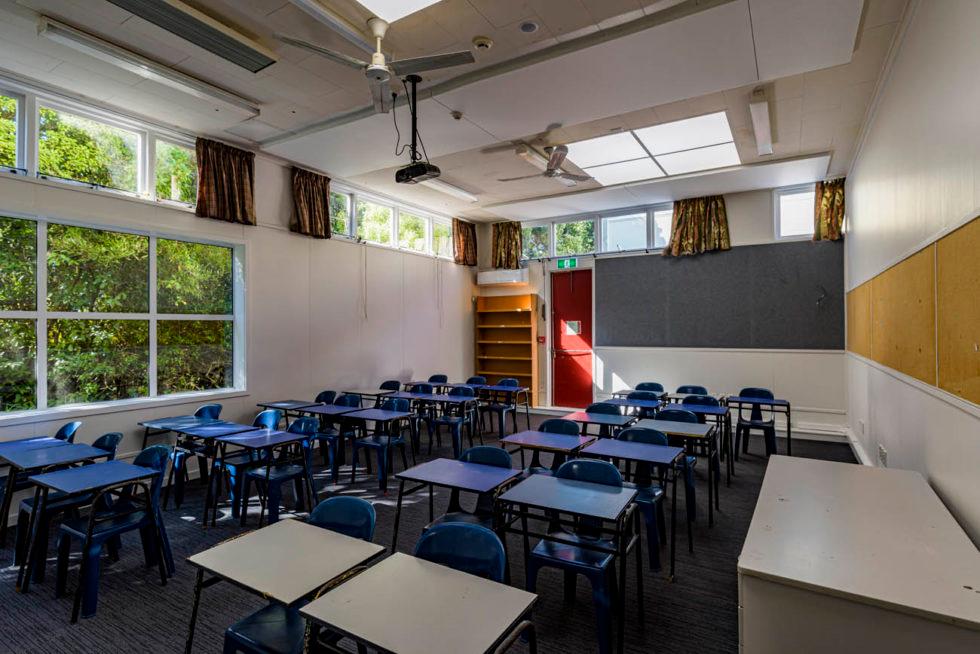
What to look for when looking for construction companies in Hamilton.
by zhoosh_admin | May 6, 2020
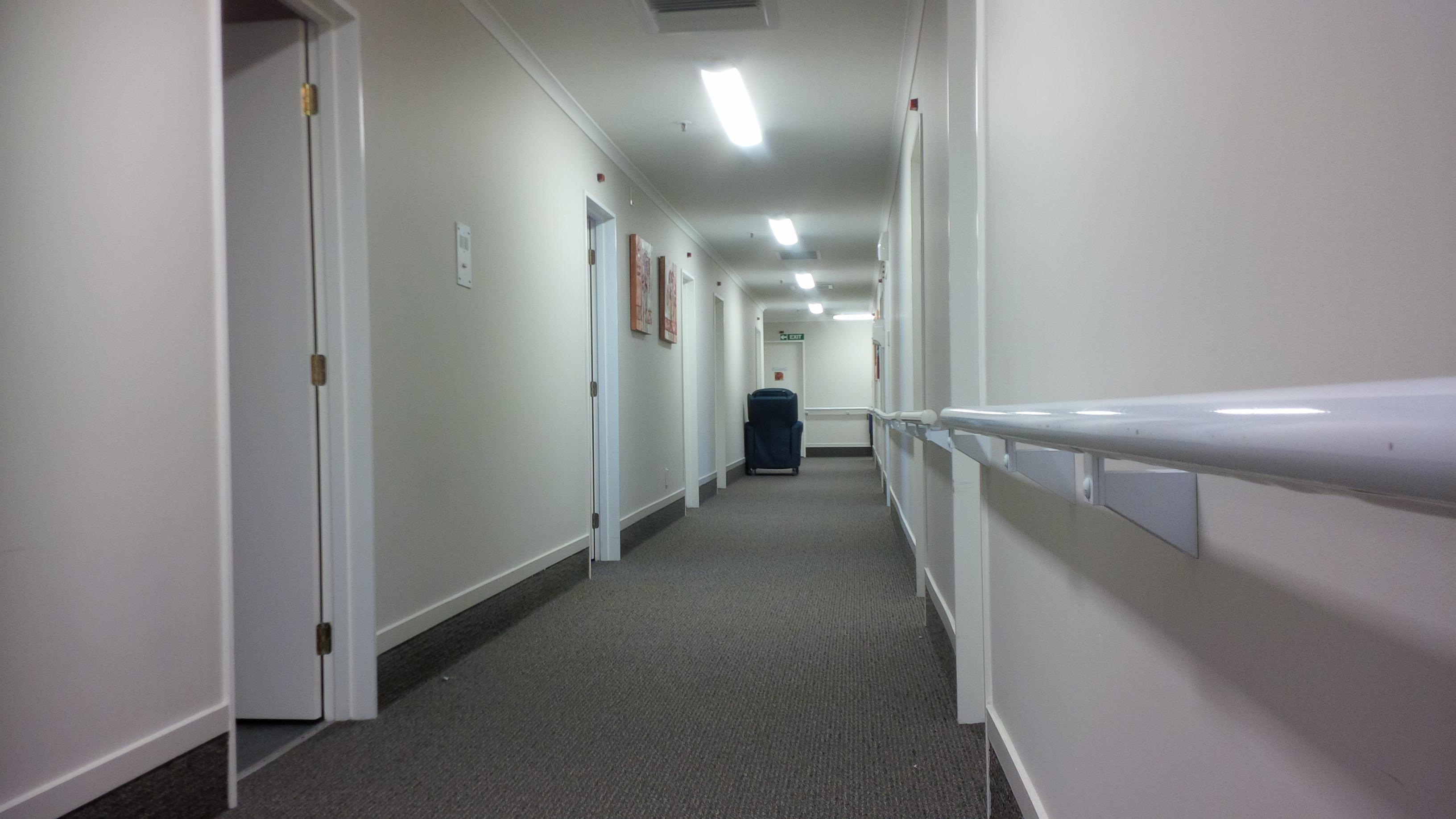
How much does it cost to refurbish an aged care interior?
by zhoosh_admin | Apr 13, 2020
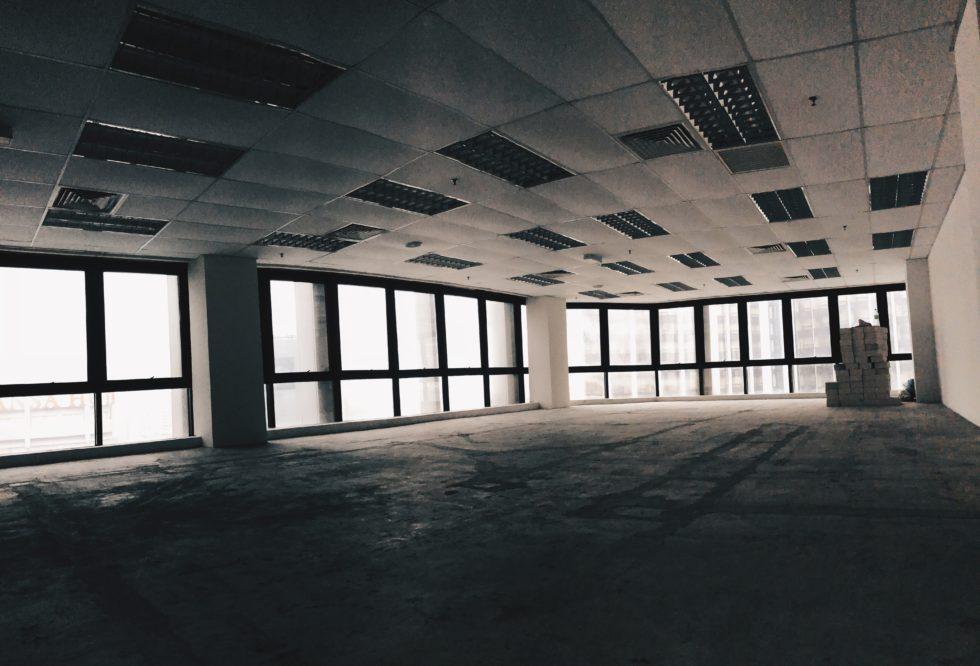
Cost-Effective End of Lease Office Make Good & Strip out Options
by zhoosh_admin | Apr 19, 2020

Signs It’s Time to Refurbish Your Space
by Zoosh_admin | June 20, 2024
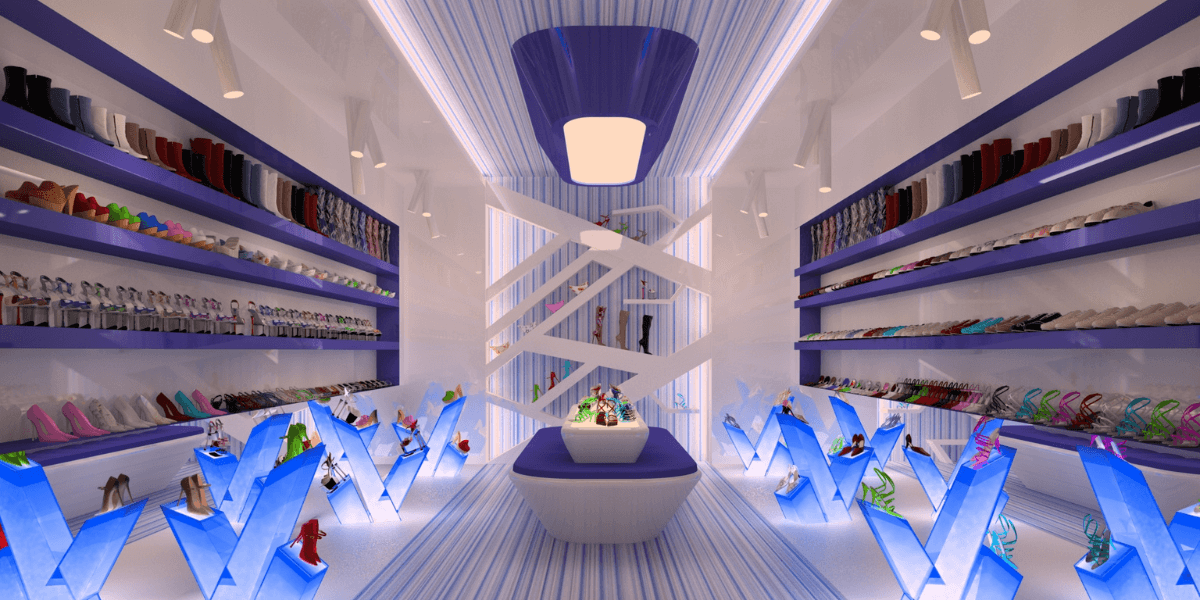
The Future of Retail Design: Innovative Trends for 2023
by zhoosh_admin | May 31, 2023
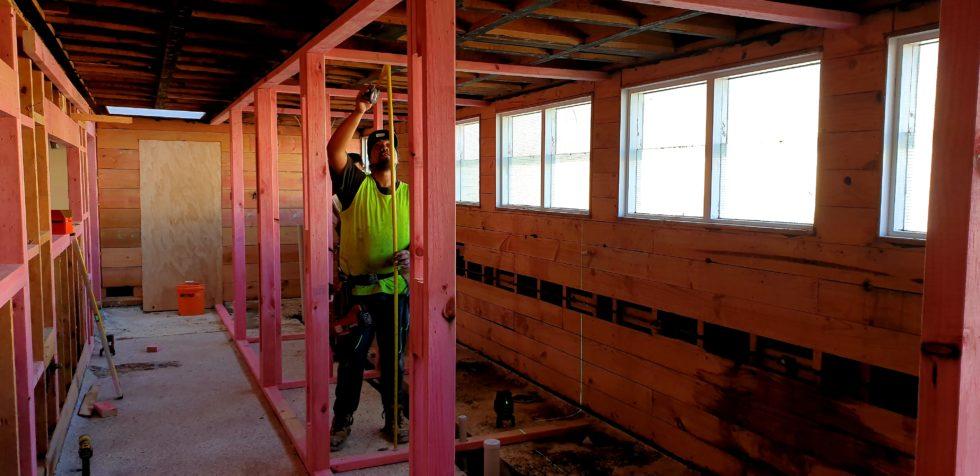
Auckland Construction Company
by zhoosh_admin | May 6, 2020

Designing for the Hybrid Workforce & Adapting Office Spaces
by zhoosh_admin | June 30, 2023
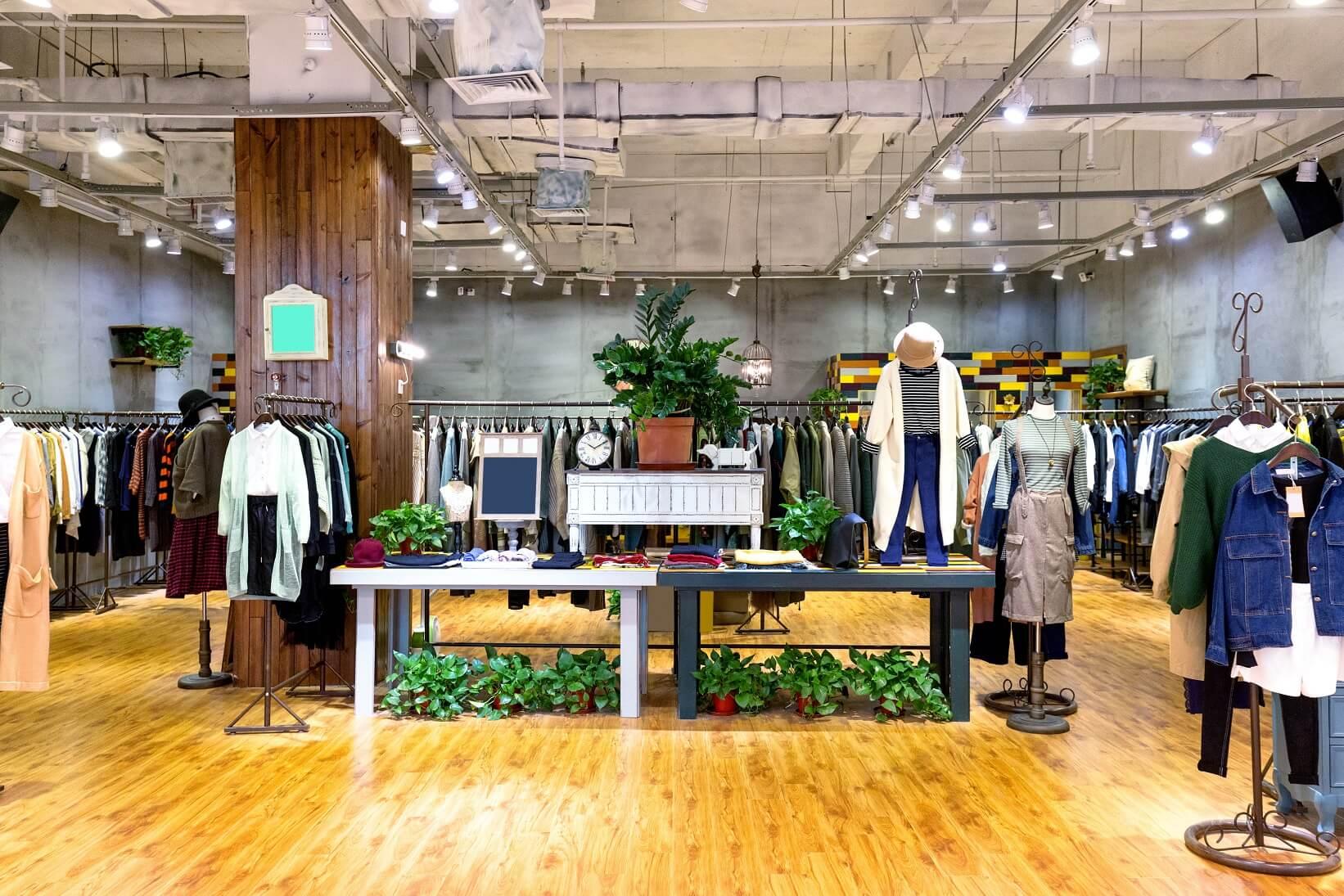
Large Format Retail Store Design Ideas to Impress Your Customers and Clients
by zhoosh_admin | May 23, 2022

The Post-COVID-19 Office Interior
by zhoosh_admin | Oct 27, 2021
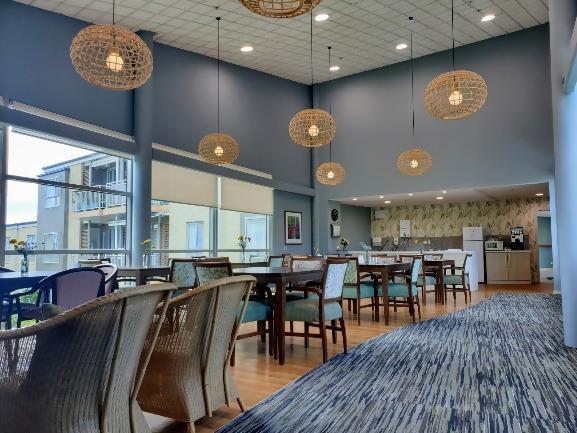
Things To Consider When Planning A Building Rennovation
by Sam Frost | Nov 27, 2019
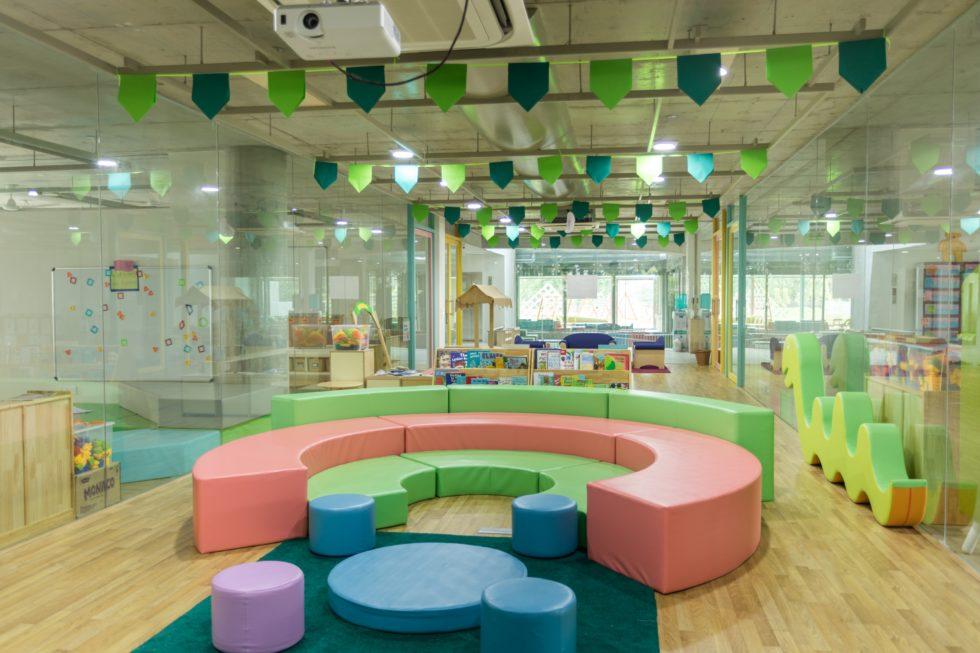
6 steps to an innovative learning environment at your school
by zhoosh_admin | Apr 30, 2020
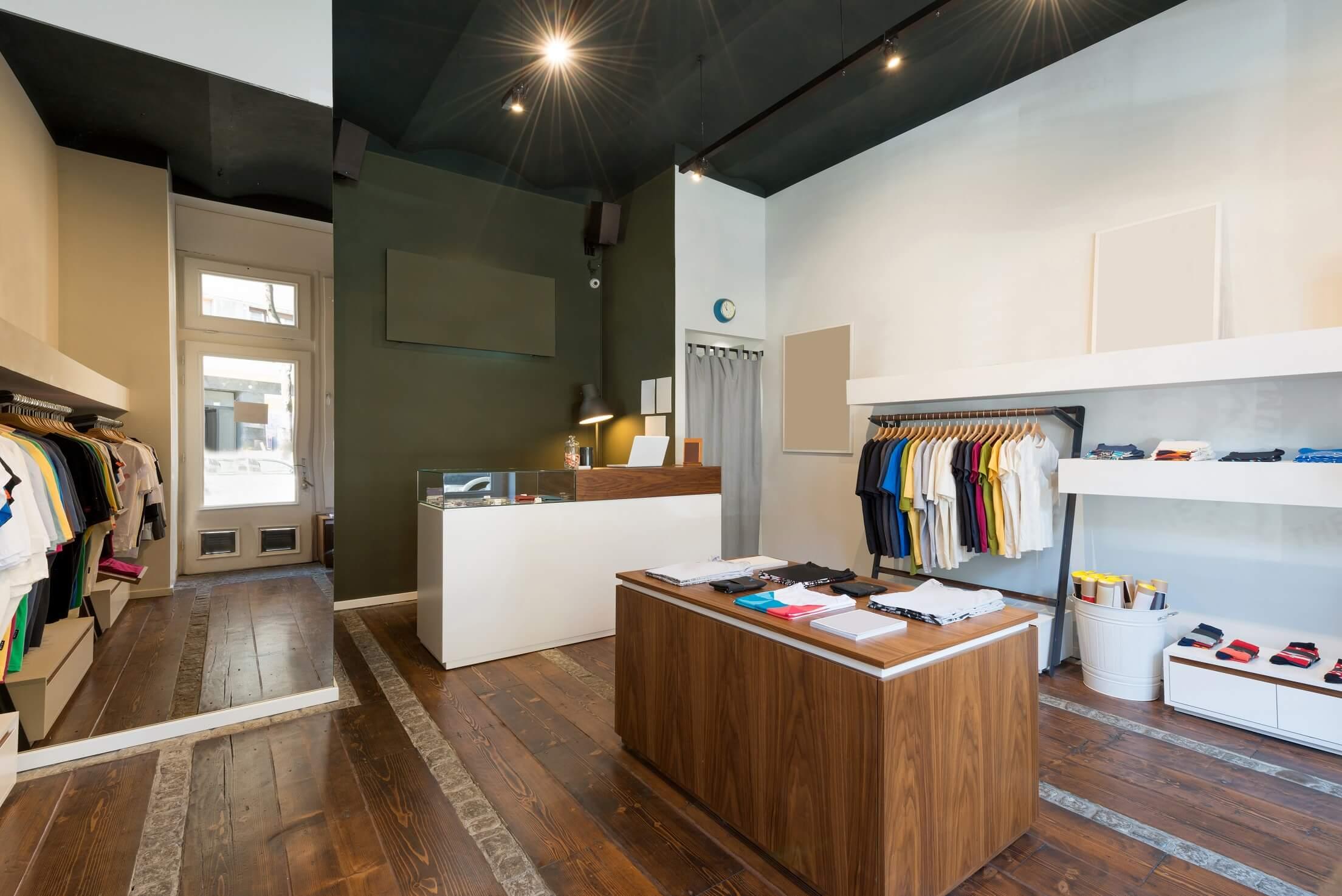
Best Commercial Fit-out Tips to Boost Retail Sales
by zhoosh_admin | Mar 22, 2022
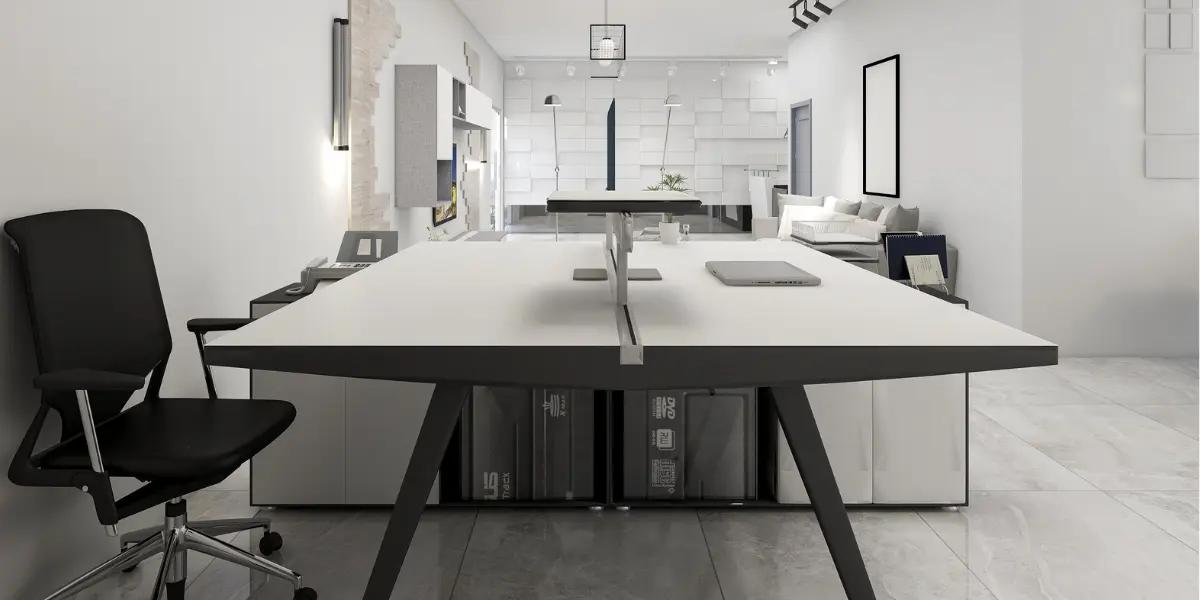
Where Innovation Meets Functionality in Commercial Design
by zhoosh_admin | August 22, 2023
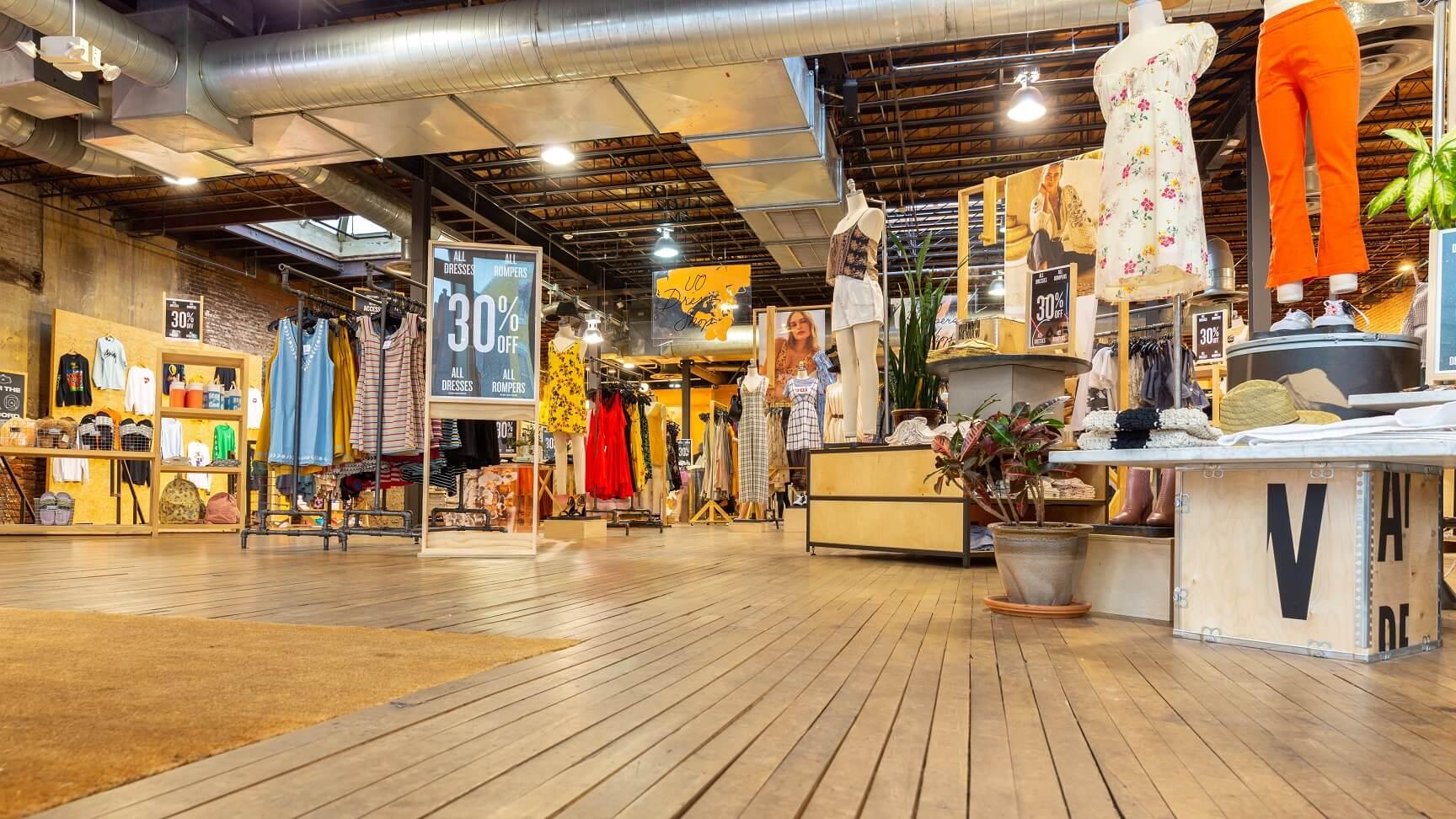
Trying to Reduce Retail Fit-Out Costs in NZ? Here’s How to Do It
by zhoosh_admin | Nov 23, 2022

Office Acoustics: Design Strategies for Noise Reduction and Productivity
by zhoosh_admin | June 30, 2023

The Evolution of the Retail Store: eCommerce Is Changing Brick-and-Mortar Stores
by zhoosh_admin | Sep 30, 2022
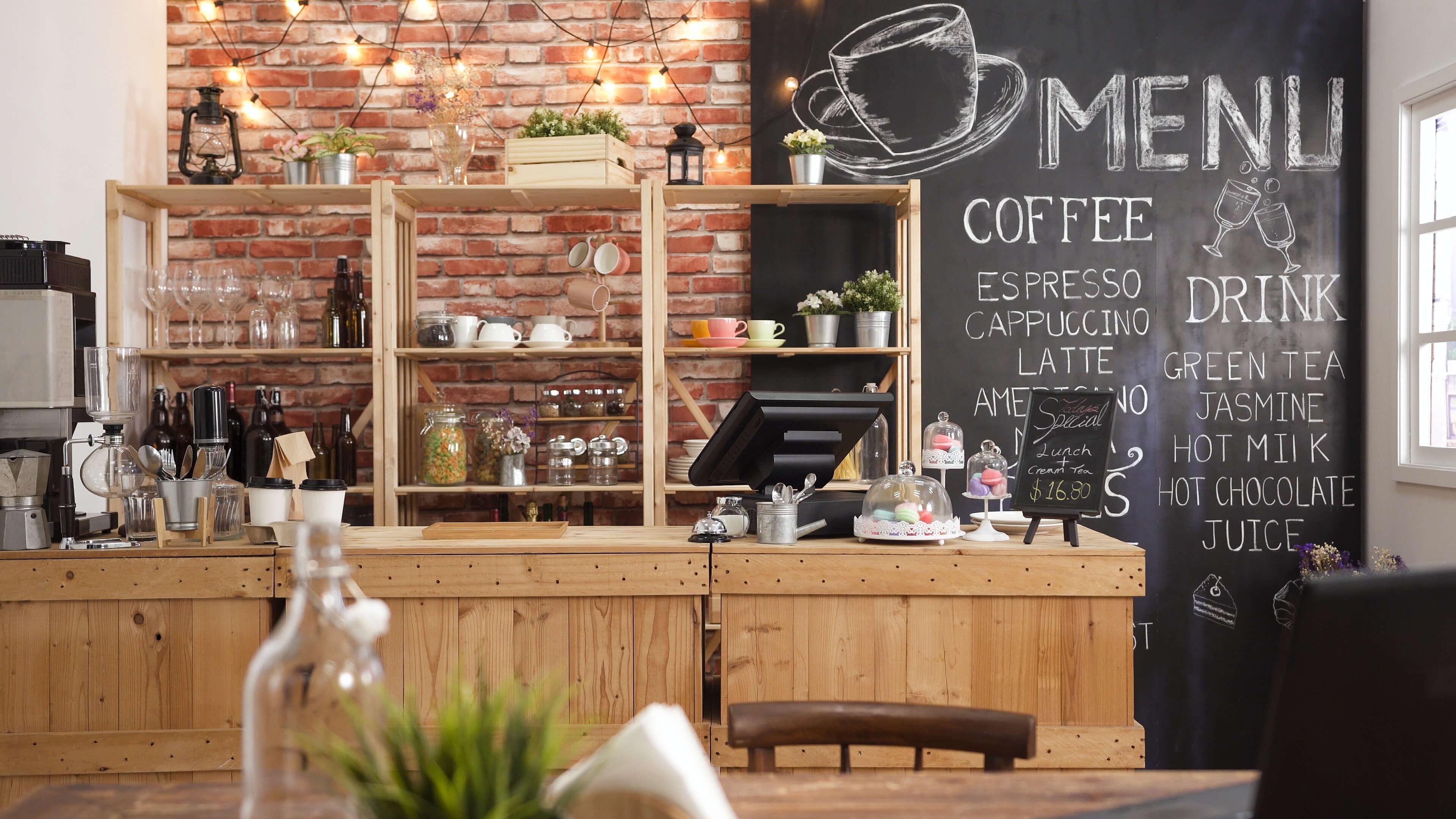
Integrating Your Brand into Your Commercial and Retail Environments
by zhoosh_admin | February 22, 2023
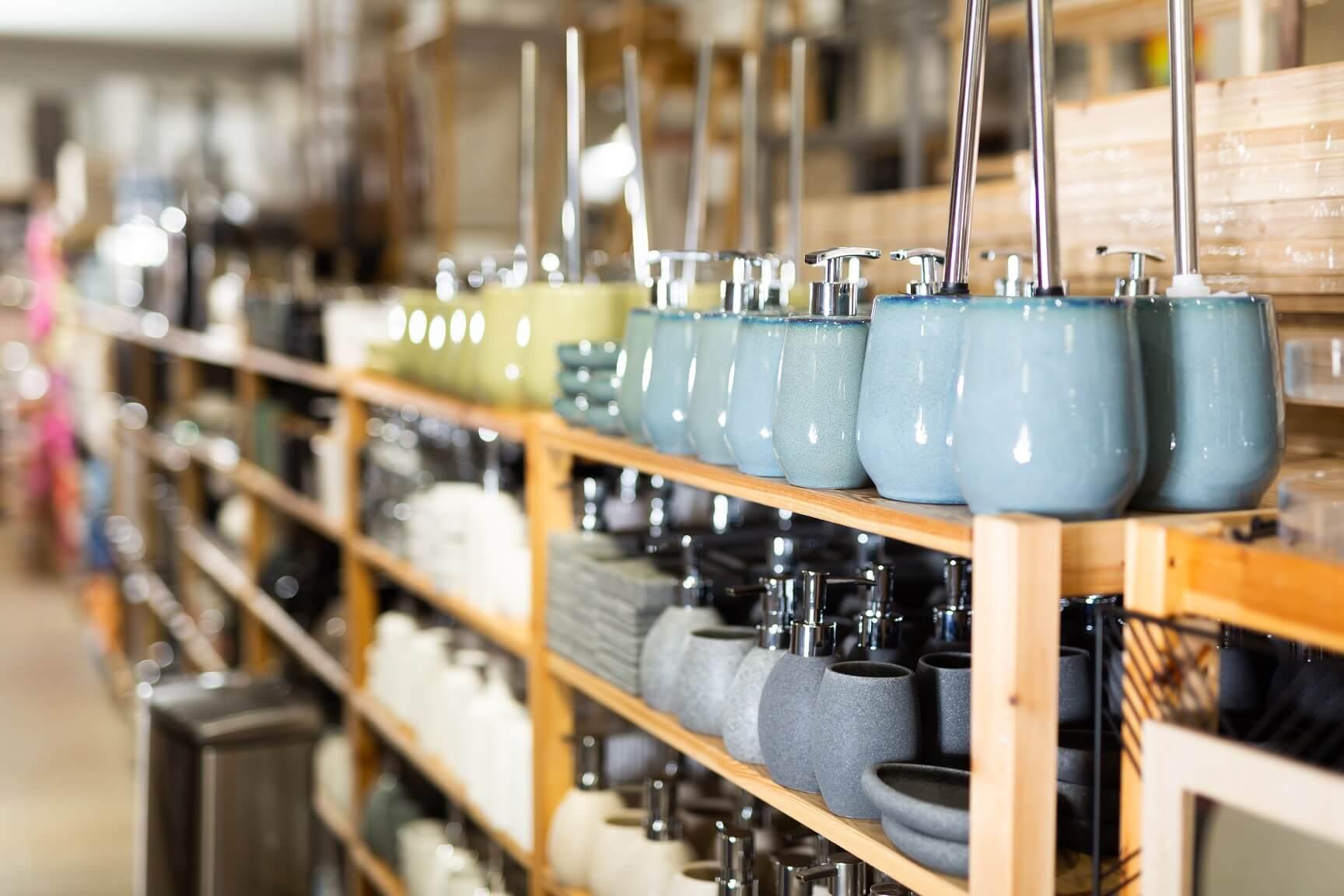
Best Shelving Design and Layout for Large Retail Stores
by zhoosh_admin | Sep 5, 2022
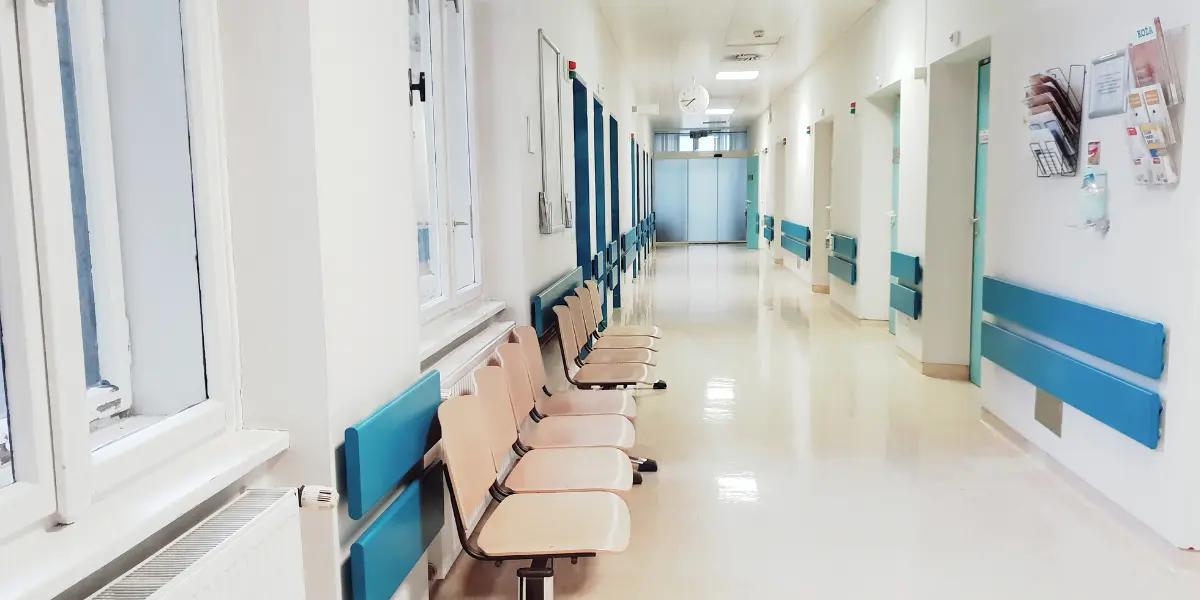
Crafting Custom Healthcare Interiors with Expert Fitouts
by zhoosh_admin | August 22, 2023
Auckland
660-670 Great South Road
Building 5, Level 8
Ellerslie, Auckland 1051
0800 753 583
09 553 4552
hello@zooshstudio.co.nz
Christchurch
Unit 8, 19 William Lewis Drive
Harewood
Christchurch 8051
0800 753 583
03 244 0365
hello@zooshstudio.co.nz